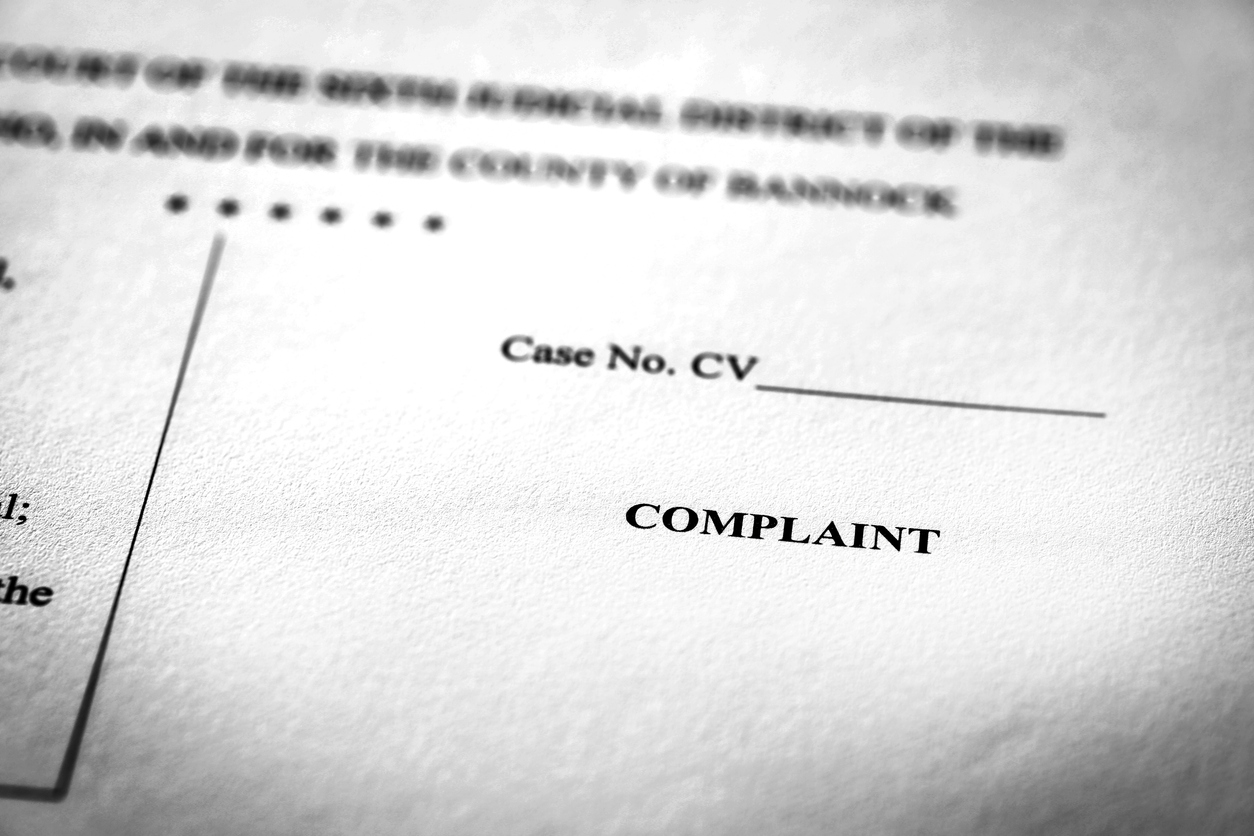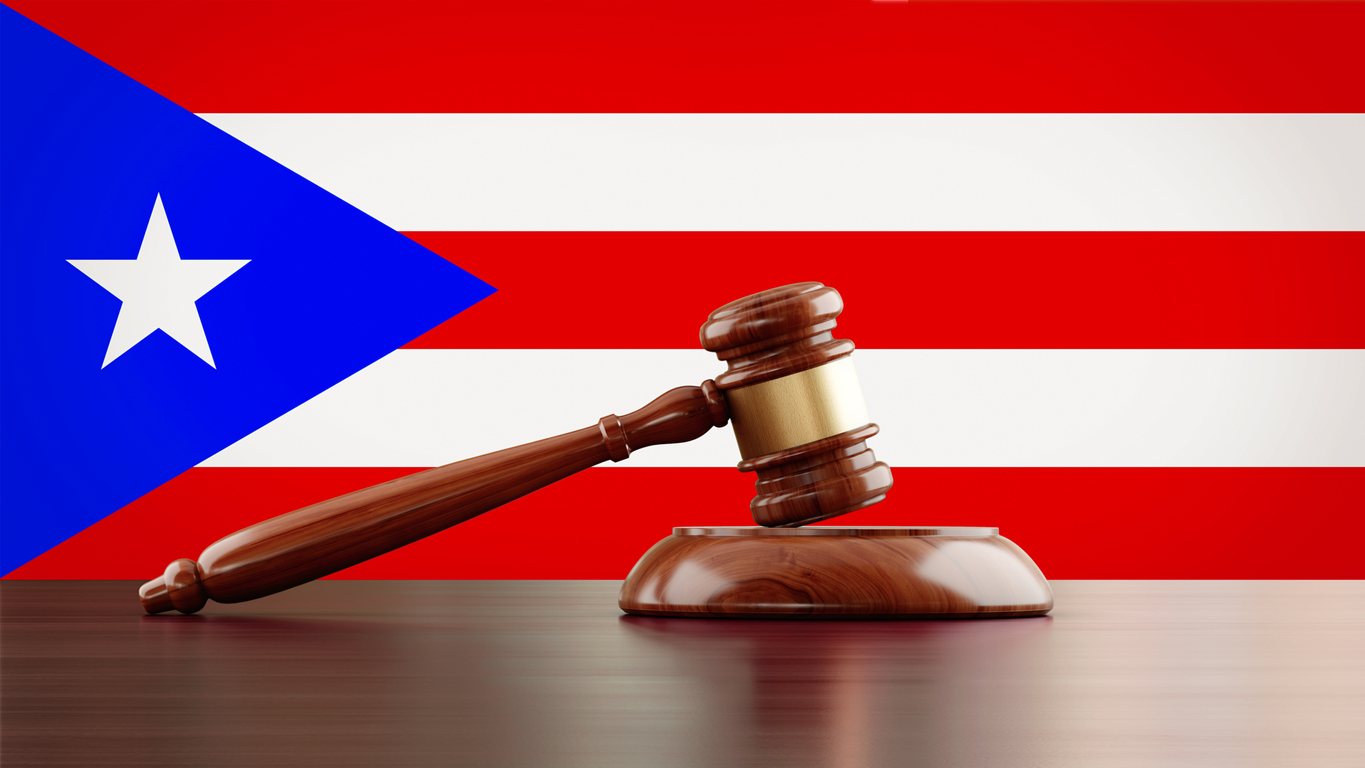One of the interesting aspects of having a national policyholder insurance practice is seeing regional trends of claims processing by insurers. I have come to my own philosophy that differing insurance laws in the various states, whether statutory or by common law, are not right or wrong—they are just different. I am not so certain about claims practices because pushed to the extreme, there are plenty of ways insurance companies can frustrate the purpose of insurance, such as the use of claims processes designed to delay and underpay claims.
Nowhere have I seen claims delay and underpayment worse than in Puerto Rico. The reasons are many. To be fair, not all the reasons are caused by the insurance companies either. But as beautiful the island and its people are, the claims handling by Puerto Rico insurers following Maria is just uglier than what I have seen anywhere.
The New York Times ran a story this week, After Disasters, Puerto Ricans Are Left With $1.6 Billion in Unpaid Insurance Claims. The story just scratches the surface with explanations of what has caused the Puerto Rico insurance claims problem from Hurricane Maria:
More than two years after Hurricane Maria descended, destroying power poles, public buildings, homes, roads and other infrastructure from one end of the island to the other, an estimated $1.6 billion in insurance claims — particularly high-dollar claims filed by cities and condominium associations — remain unresolved.
Emergency facilities, hospitals, stadiums, basketball courts, convention centers and other government properties around the island are still in shambles, waiting for repair because private insurers have not paid claims.
Hurricane Maria exposed an important deficiency in the process of Puerto Rico’s disaster recovery: underfunded private insurers, who are subject to few regulations.
….
Hundreds of lawsuits have been filed.
Aguadilla was left with no compensation for more than the tsunami sirens. The city sued its insurer, MAPFRE Insurance, after the Spanish company paid out $2 million for a destroyed coliseum that experts said would cost up to $20 million to replace, the former mayor said. Also left unusable were a water park, an ice-skating arena and an oceanfront boardwalk.
‘Obviously the only way to attack this is with lawyers — without that, they don’t pay,’ said José Alfredo Londoño, president of the Astralis condominium association, a 210-unit complex in the Isla Verde neighborhood near San Juan. ‘They are not going to pay.’
Three weeks ago, I mentioned to our fifteen full-time attorneys in Puerto Rico that I am almost afraid to write about one major claims process for fear that other insurers may copy it. Accord and satisfaction or first-party releases are rarely invoked as affirmative defenses in first-party cases. First-party property insurance companies would be heavily fined, subject to bad faith lawsuits and probably “blackballed” by insurance regulators for the practice. Yet in Puerto Rico, the fine art of getting residential and some commercial policyholders to sign releases or checks which give rise to these defenses is an art form by Puerto Rico insurance company claims adjusters. Over 25% of our residential policyholders complaining of delayed and underpaid claims are fighting this defense—usually as a result of signing the insurance company’s first check. This simply does not happen in the continental United States insurance claims environment.
Literally a quarter of residential policyholders may have been duped over getting additional sums other than the first check payment as a result of these practices depending on how the Puerto Rico Supreme Court rules on the issue. I am truly afraid some rogue claims managers reading this will try to copy the practice.
To be fair, there simply were not enough property insurance adjusters to handle the extraordinary amount of work. Most mainland adjusters coming to the island did not speak Spanish. The insurers often used unqualified and unlicensed individuals just to get some type of response. The ethical claims training of these individuals was non-existent.
Merlin Law Group attorney Etienne Font is from Puerto Rico. He worked as a manager for an independent claims adjustment firm based in Florida before moving to Tennessee. His father was active in the insurance industry in Puerto Rico. I know how upset he is about the claims problems cited in the New York Times article because slow and underpayment of insurance is killing the island of his youth. We are dedicated to do what we can in this battle, but it has been anything other than easy.
Tomorrow, we will have a guest blog from an independent claims adjuster describing a wrongful claims practice which has been called “churn and burn” following recent hurricanes in Florida and up the eastern coast.
Thought For The Day
I want to use my connections with coaches, players, celebrities, whomever, and if I can take that friendship and use it to help someone else, I’m going to take advantage of that. I’m not going to apologize for that.
—Tim Tebow




